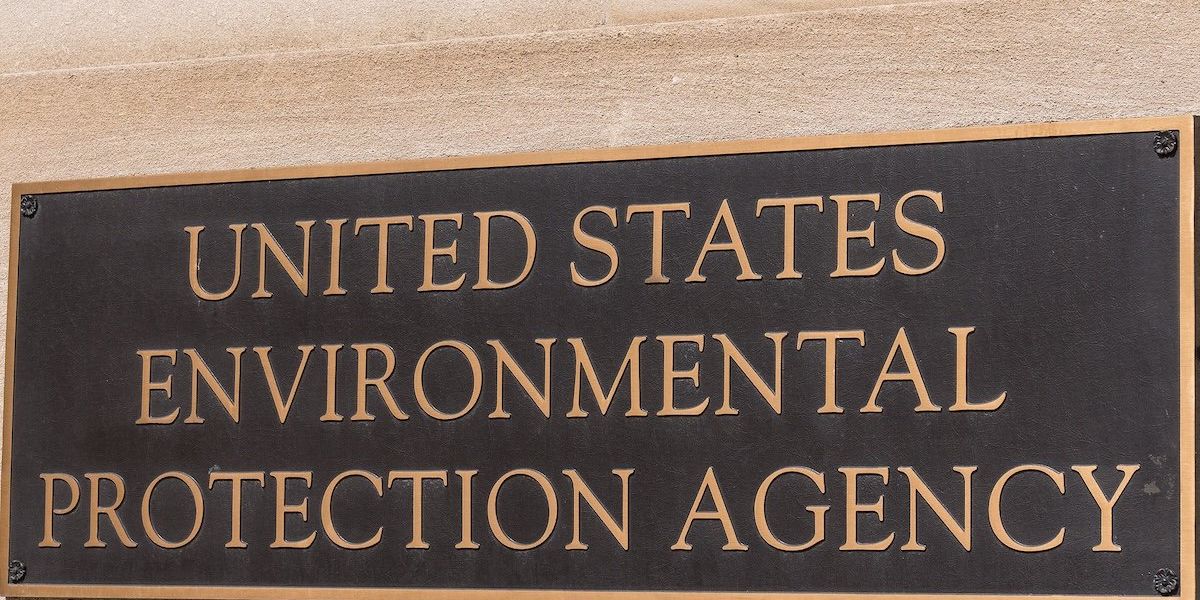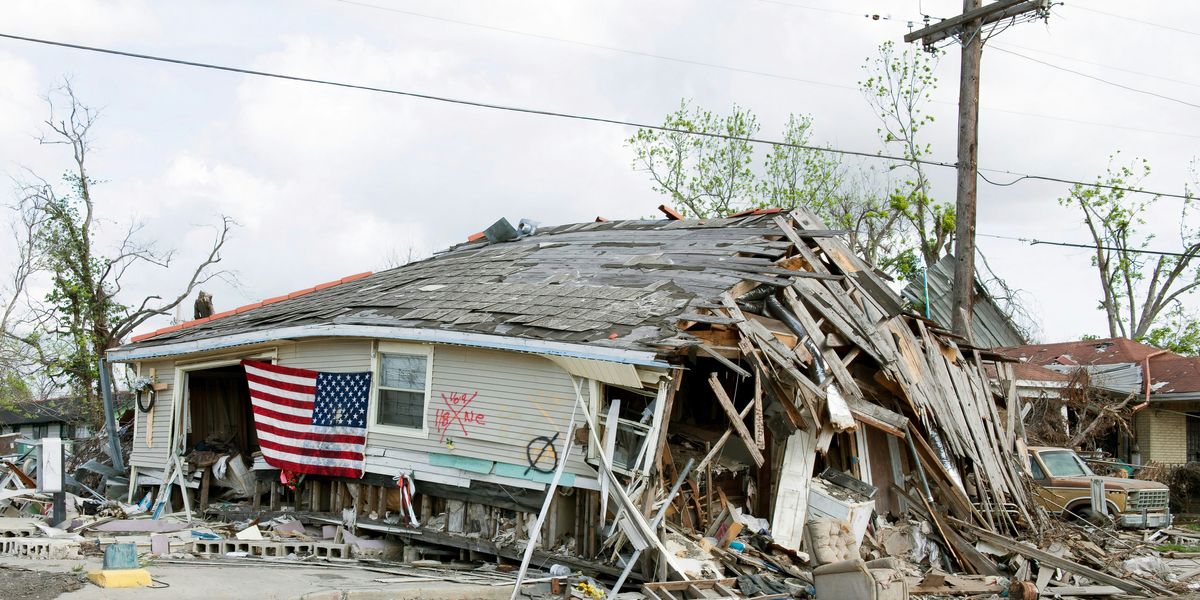emotion
Teachers adapt to address emotional impacts of climate change
Educators are increasingly focusing on trauma-sensitive approaches to help students manage the emotional effects of climate change.
Nathalie Reid, Audrey Aamodt, and Jennifer MacDonald write for The Conversation.
In short:
- Teachers are noticing rising climate anxiety among students and are adopting trauma-sensitive methods to support them.
- Professional development for educators includes outdoor learning, interdisciplinary inquiry, and balanced climate action strategies.
- Sharing hopeful stories and focusing on community-led climate initiatives helps nurture a forward-looking mindset.
Why this matters:
Climate change education that acknowledges and addresses students' emotional responses can foster resilience and hope. As young people face an uncertain future, equipping them with strategies to cope with climate trauma is essential for their mental health and engagement in meaningful climate action.
Climate change despair has a 'life-affirming' remedy
Apocalypse when? Global warming’s endless scroll
How to calm your climate anxiety
Climate change anxiety is affecting Americans' mental health
There's no official clinical diagnosis, but the psychiatric and psychological communities have names for the phenomenon of worrying about the Earth's fate: “climate distress," “climate grief," “climate anxiety" or “eco-anxiety".

















